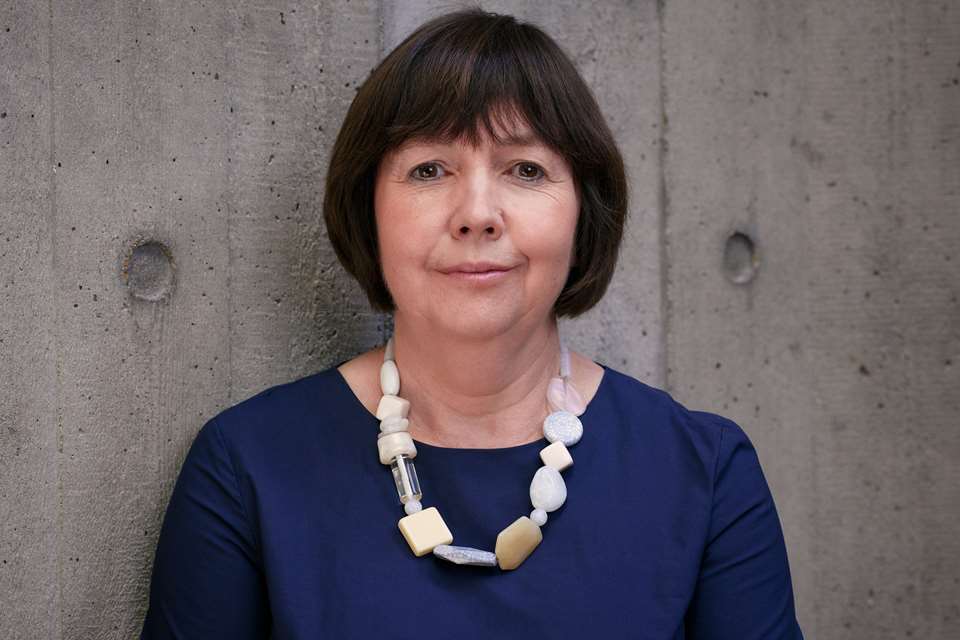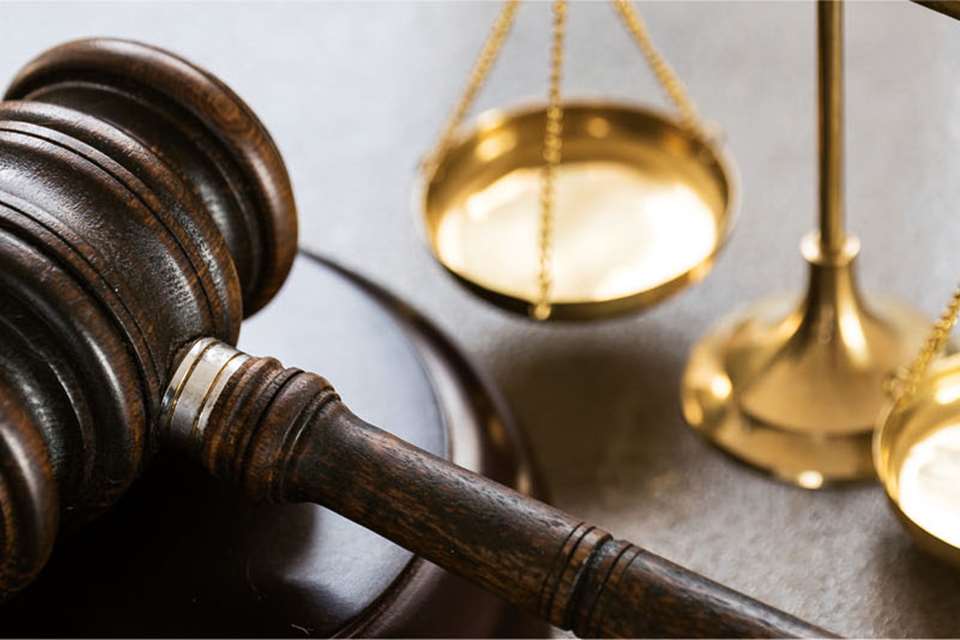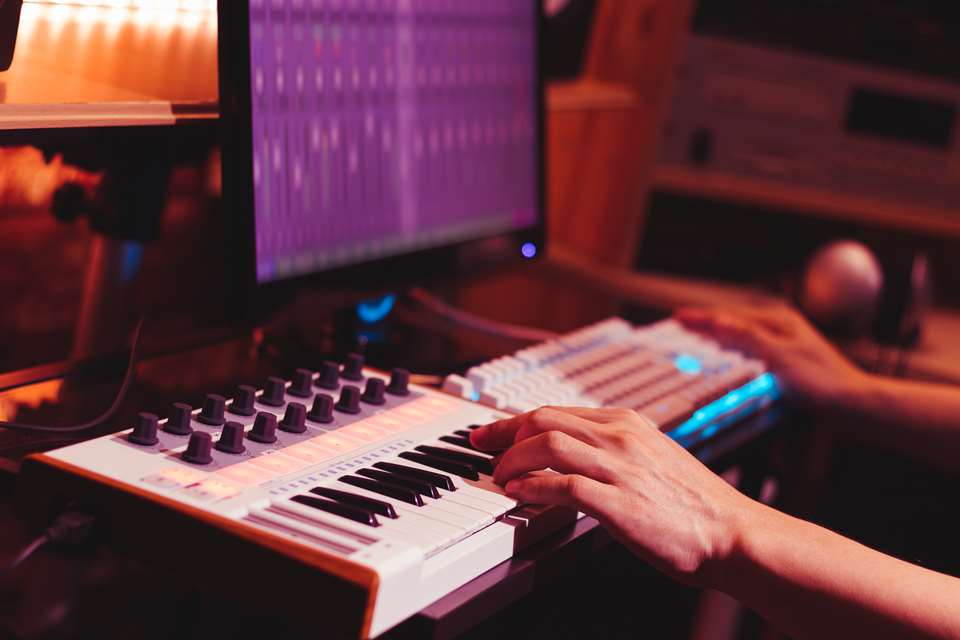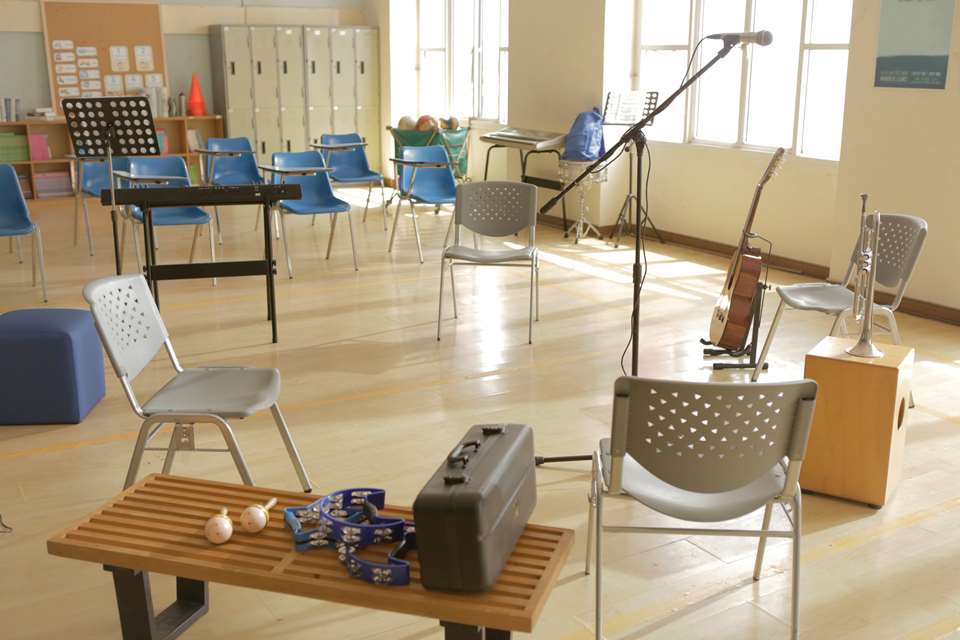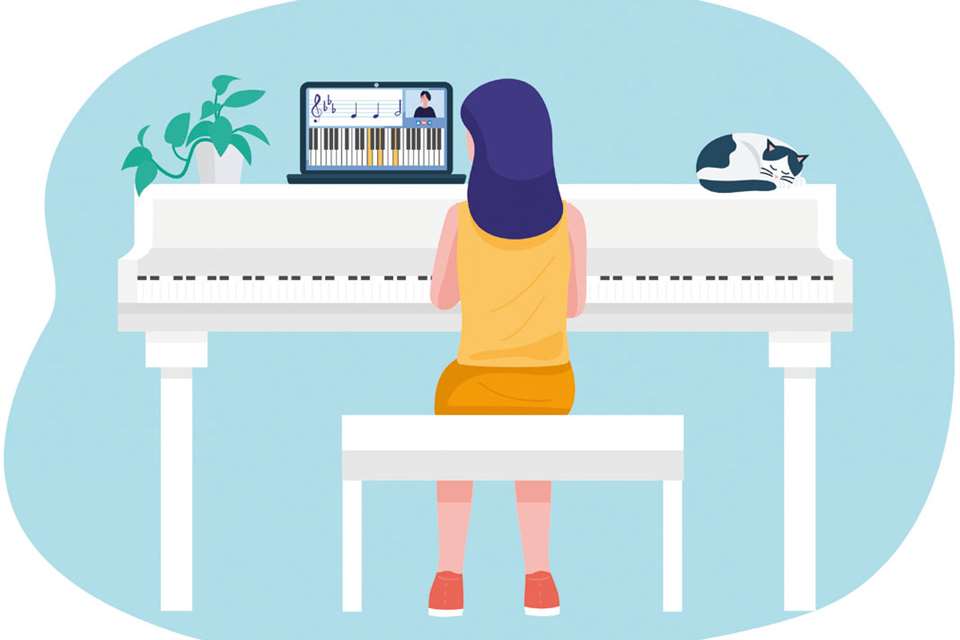ISM Column: Advocating for the arts
Deborah Annetts
Wednesday, December 1, 2021
Following a call for policy change in her address at the Delivering Excellence in Teaching Arts in Schools conference in October, chief executive of the Incorporated Society of Musicians (ISM) Deborah Annetts expands on her speech for MT readers here
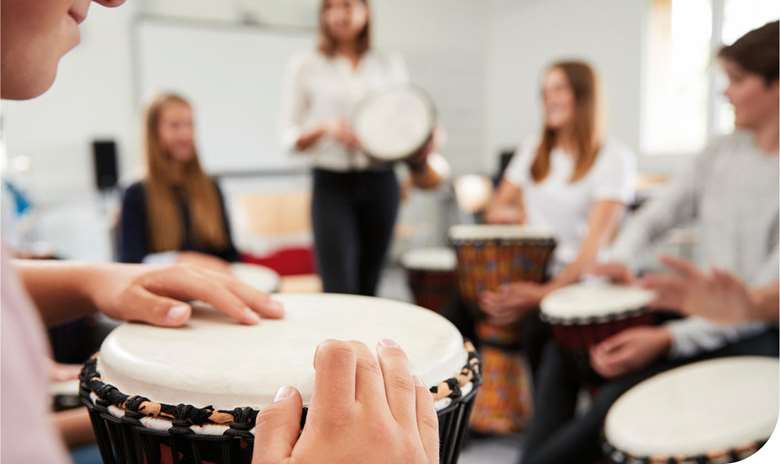
Adobe Stock/ Monkey Business
This year's A Level and GCSE Music results painted an all too familiar picture: exam entries are down again, and fewer students are experiencing the benefits and joy music education can bring. As professionals, I don't need to explain to you the cause of this decline.
The impact that the accountability measures have had on music is widely felt, such as the English Baccalaureate (EBacc), Progress 8, and particularly their exclusion of creative subjects. The numbers speak for themselves. Between 2014 and 2021, uptake for GCSE Design and Technology has fallen by 59 per cent, 21 per cent in Drama, and 17 per cent in Music.
It's of great concern that earlier this year research by Dr Adam Whittaker and professor Martin Fautley suggested there could be zero A Level Music entries by 2033 (MT August, 2021). With fewer schools offering music education, they warn that there are now parts of the country in which students have very limited access to A Level Music, or in some cases, no access at all.
Time for new ideas
A new ministerial team has recently been installed in the Department for Education (DfE) and we believe now is the time for new thinking and new policies. Policies such as moving from Progress 8 to Progress 5. The extensive and protruding nature of Progress 8 and the EBacc has meant that their subjects dominate lesson time and disincentivise arts subjects. Reducing the number of subjects included in such measures to maths, English and science – a Progress 5 – would help maintain the broad and balanced curriculum until the end of Key Stage 4 and allow pupils more flexibility in their subject choices to better reflect their interests, talents, and future plans.
The new team can also make its mark with the refreshed National Plan for Music Education (NPME) and must provide clarity as to the roles and responsibilities of schools and hubs relating to the delivery of music education for all pupils. The NPME should address the quality, provision, and access to music education for Early Years and SEND and improve signposting of music education opportunities for 18- to 25-year-olds. Any revised offer on music education must be fully consulted on and not simply imposed on the sector.
Encouraging signs
Even though the challenges ahead of us are significant, there are some potentially encouraging signs. In Scotland, the government has committed £7m to free instrumental tuition, and Wales has committed to establishing a National Music Service. In England, the Conservative manifesto included a commitment to an Arts Premium, which was quietly dropped at the beginning of this term, denying schools £90m in ringfenced funding at the last minute.
The government clearly has work to do to ensure that English students don't get left behind. But we cannot simply wait for change from above. Those of us who believe in music education must keep on advocating for the change that we want to see.
How do we move forward?
So, how do we support the uptake of creative subjects alongside the EBacc? We advocate for our subjects, not just to pupils but to parents, other teachers, headteachers, CEOs of academy chains, and governors. We use all the research available to us to show school leaders the importance of investing time, personnel and funding into our subjects and demonstrate the impact that this will have on our pupils.
We engage with parents on how the arts can enhance their children's lives within and beyond formal education, building self-esteem, confidence and empathy as well as showing clear career pathways. We ensure we are the best role models for the arts that we can be, supporting our pupils' interests, widening their opportunities, celebrating their successes, and helping them to progress to the next stage of their journey. We all have a part to play in standing up for music education.


